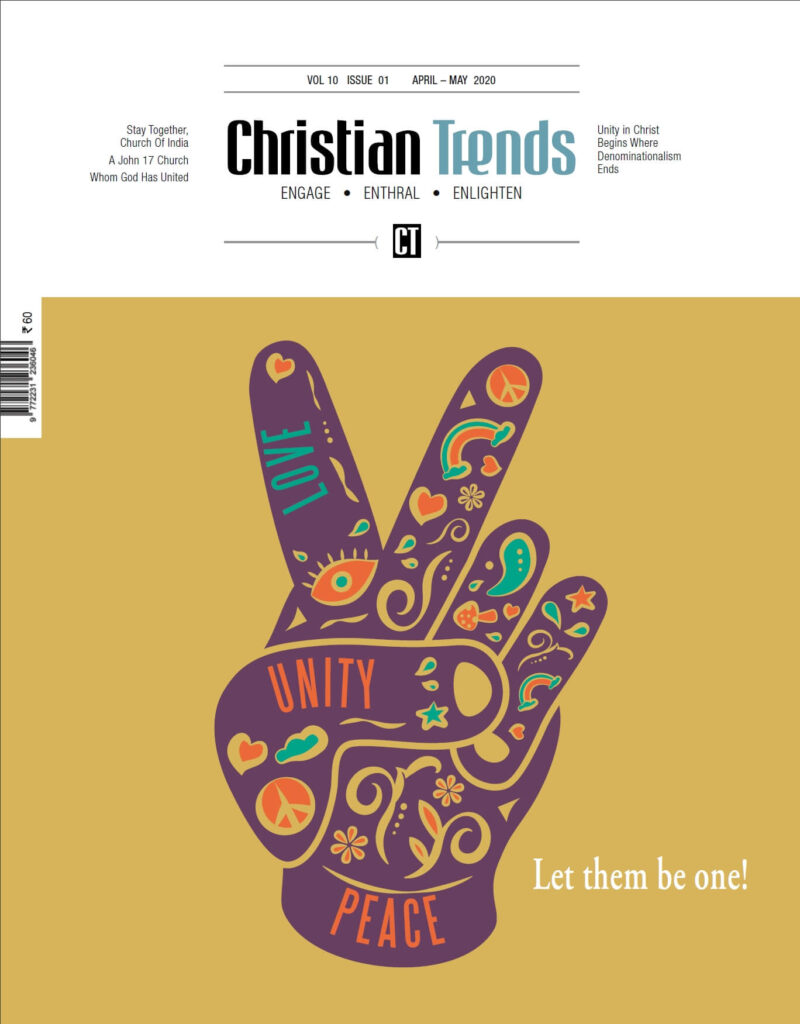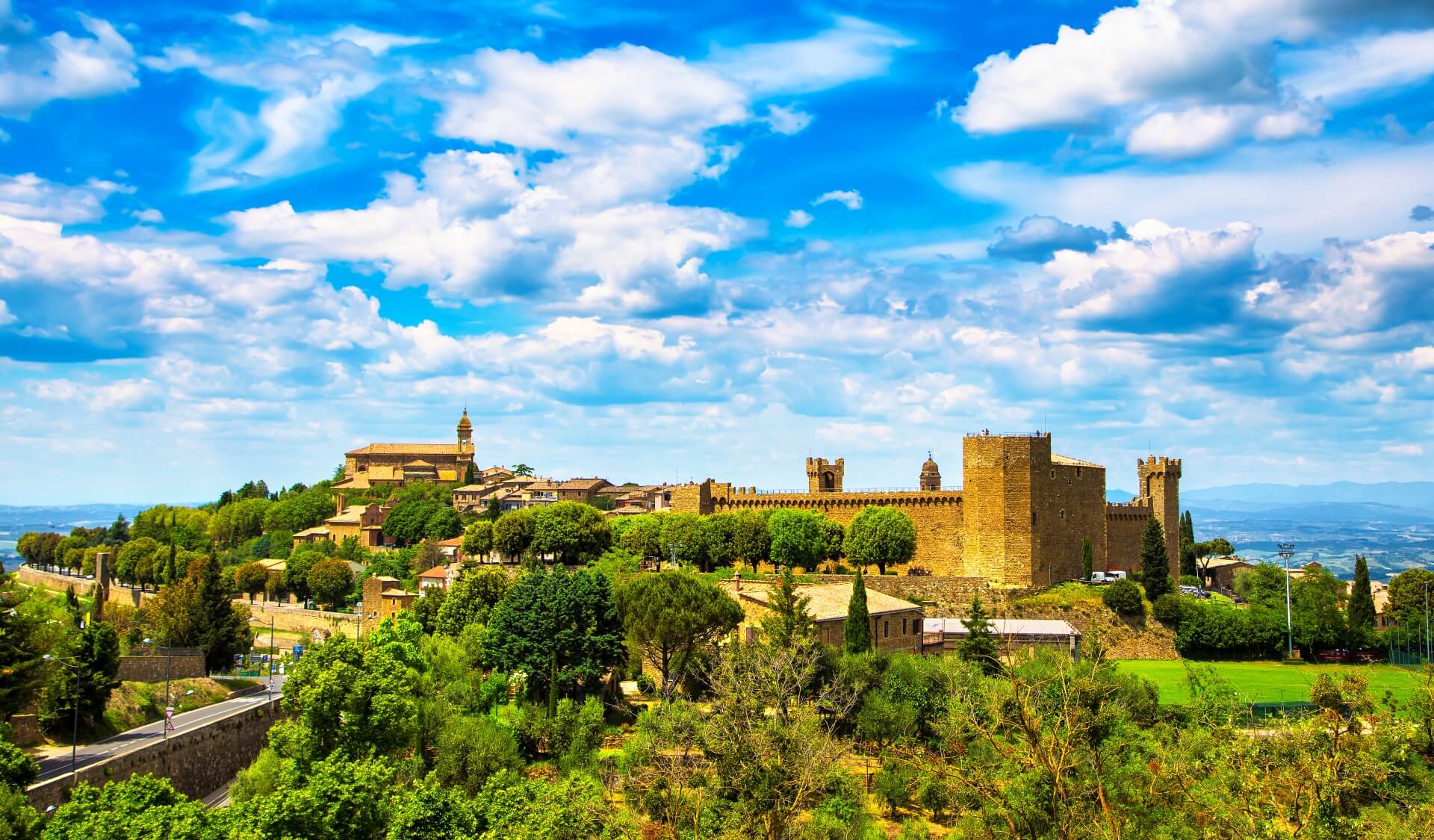Many people are asking today about whether we can quote Psalm 91 to assure ourselves that we will be freed from the coronavirus. Let’s look at this issue scripturally.
In the Bible there are promises, principles and commands that are generally true, but which have exceptions. The general commands to obey parents “in everything” (Col 3:20) and to be subject to government officials (Rom 13:1–2) have exceptions in the Bible (Luke 14:26; Acts 4:19–20). We sometimes need to disobey their commands if they clearly go against God’s will. Similarly, the Bible is clear that God looks after us, as Psalm 91 says. He can miraculously intervene and does intervene to deliver us. Indeed, he commands his angels to guard us (Psa 91:11). That is always true. He can prevent us from dashing our foot against a stone (91:12). That is not always true, as the noble army of martyrs testify. One-third of the same book of Psalms are laments where righteous people suffer what the world considers as misfortunes and God doesn’t seem to be helping them. Psalm 91 teaches that God looks after us. That is an absolute principle. Other passages in the Bible show us that the way God looks after us is not always as is specifically stated in Psalm 91. There may be exceptions to this general rule. But through all of it God is continuing to bless us.
We can have a deep impact on the world by identifying with its pain, just like Jesus did. In a mysterious way suffering helps the church to grow like the death of Stephen showed.
At present I’m reading Job for my devotions. God’s plan was to glorify His name through Job going through experiences very distant to what Psalm 91 says. Job’s friends who quoted biblical principles regarding how God looks after the righteous are finally proven to be wrong and even unkind. Their speeches were very inspiring in the Psalm 91 tradition. But they were wrong in applying those principles to the suffering that Job was experiencing.
Romans 8 looks at this issue theologically. The whole creation is subjected to frustration (8:20). There is sickness, disappointment, pain, and death. That frustration includes us “who have the first fruits of the Spirit” (8:23). That is, we have a taste of what heaven is like here and now. But we groan (8:23) with the rest of creation (8:22). Through that groaning with the rest of creation, like Jesus, we develop deep ties with the world and have a deep impact on it. Our lifestyle is one of incarnation. When we talk of incarnation, we mean that Jesus took on human flesh with all the frustration that entails. We can have a deep impact on the world by identifying with its pain, just like Jesus did. In a mysterious way suffering helps the church to grow like the death of Stephen showed.
When the tsunami hit Sri Lanka, some Christians were miraculously saved and testified about it to the glory of God. Others suffered, like the church in Mullaitivu, where the faithful who came to church the morning after Christmas died and those who stayed at home were saved. The pastor of that church lost his wife and, I think, his son. But he stayed on and served his people and now his two daughters have entered the university—a great achievement in Sri Lanka. He brought glory to God through his suffering.
Yes, we’re not immune to problems, but God’s love is deeper than all of that and nothing can separate us from His love.
There are some deeper and more important realities that govern us amidst our frustration and pain.
- The Holy Spirit groans with us as we groan (8:26). Not only is it acceptable for Christians to groan; when they do, God groans with them. And that verse says that he helps us amid our weakness. We experience the nearness of God in a deep way.
- God turns everything we experience into good (8:28), making us more than conquerors in all things (8:37). While we mourn and identify with Christians who suffer we don’t need to have pity then because we know that out of that suffering God is working out something beautiful.
- Yes, we’re not immune to problems, but God’s love is deeper than all of that and nothing can separate us from His love 8:35, 38, 39.
- People relishing the experience of loving and being loved are happy people. So like Paul wrote, while he was in prison, we rejoice in the Lord always (Phil 4:4), and we have learned to be content whatever happens. (Phil 4:11)
The happiest people in the world are not those who don’t have problems; it is those who are not afraid of problems. As Paul said, again from prison, the greatest wealth we can have is contentment (1 Tim 6:6). A dreary prison is not a place which implies God’s blessing. But Paul was blessed, he was rich!
Amid all the confusion of this time, let’s relish the wealth of contentment.






